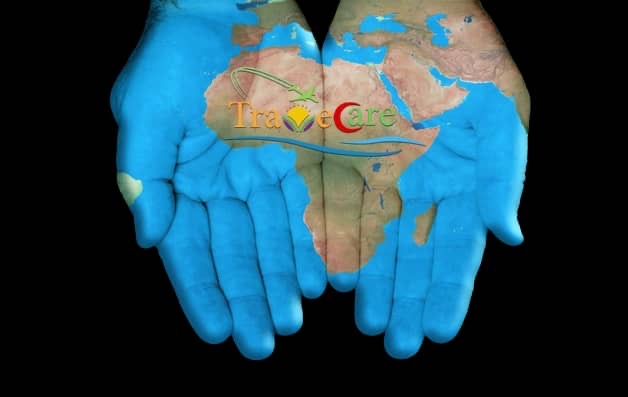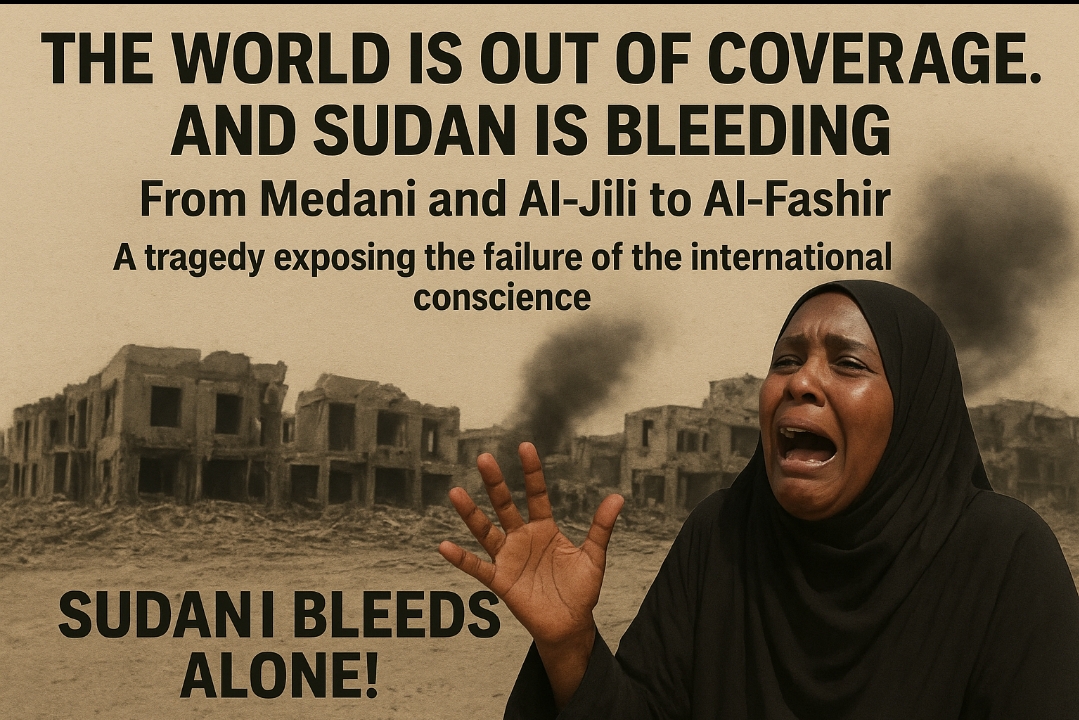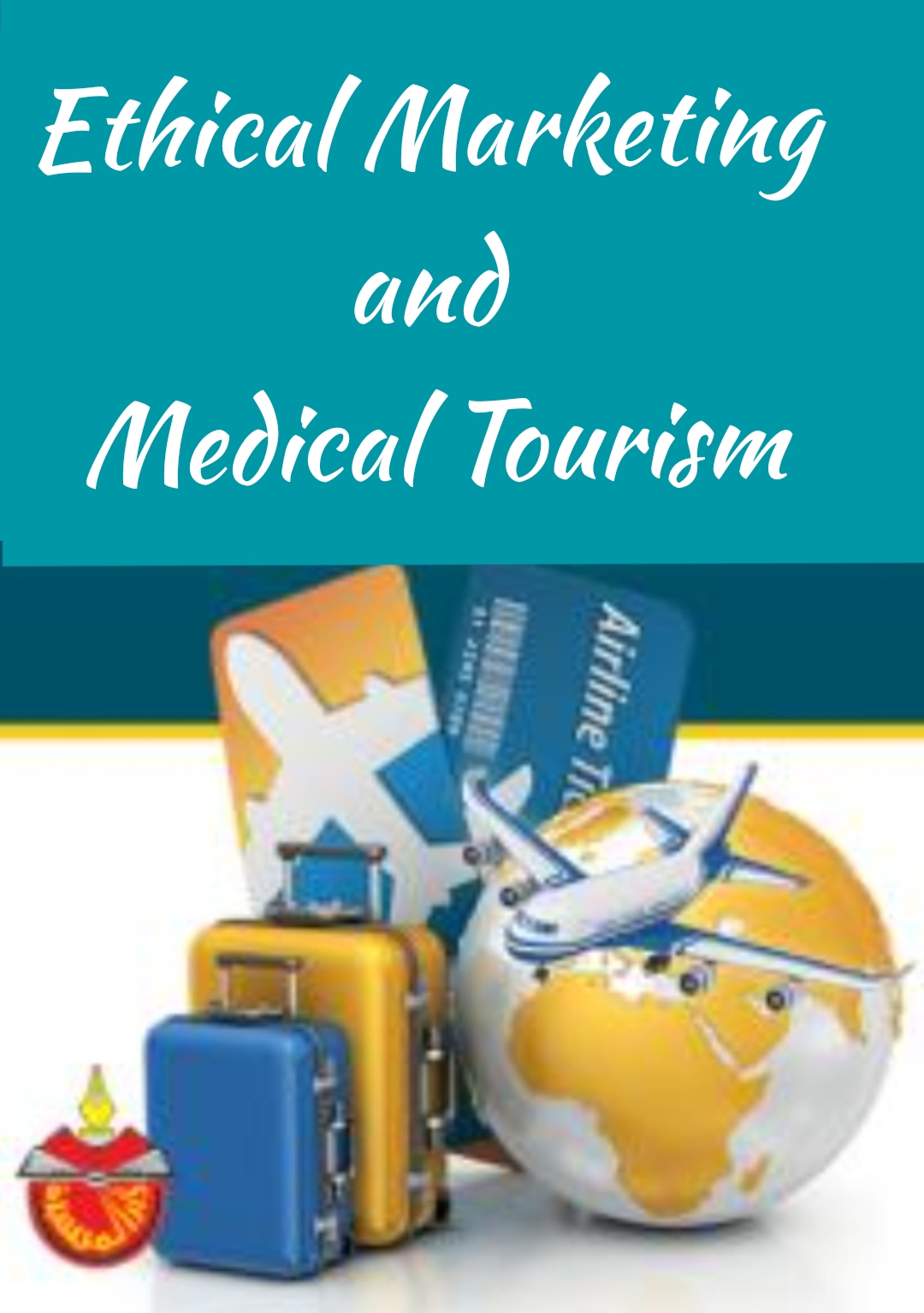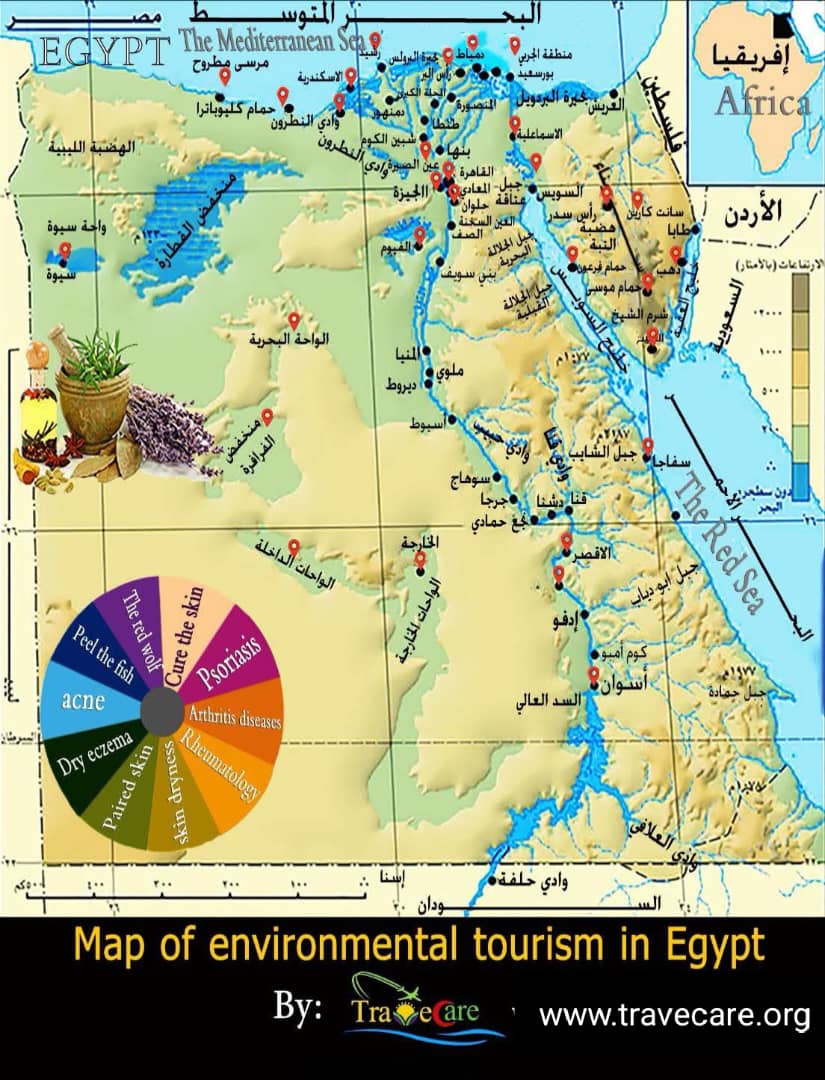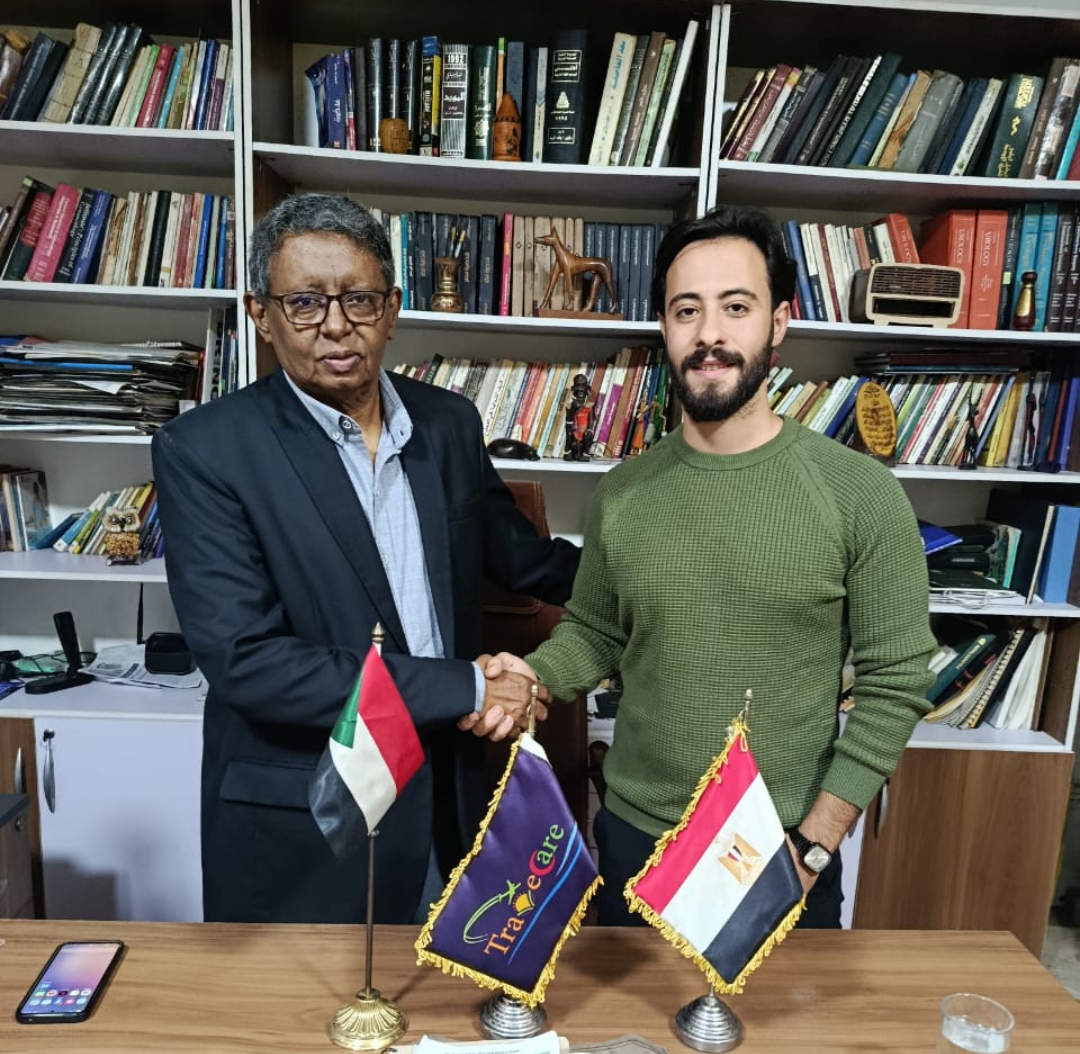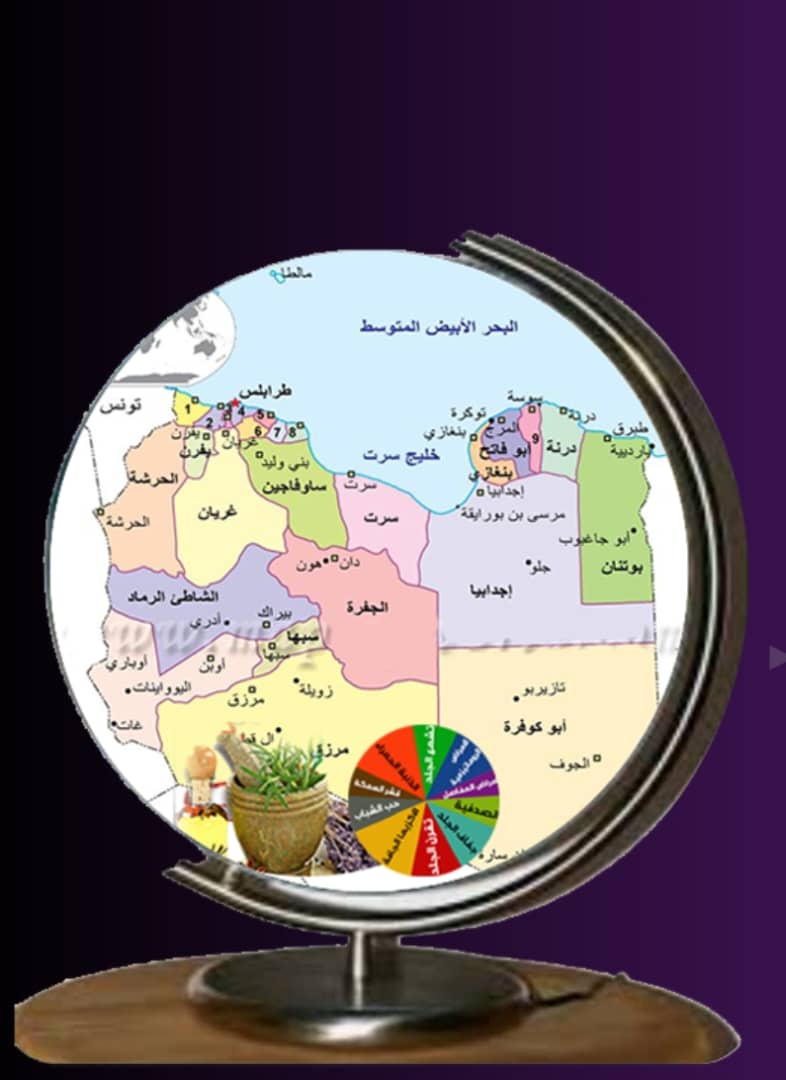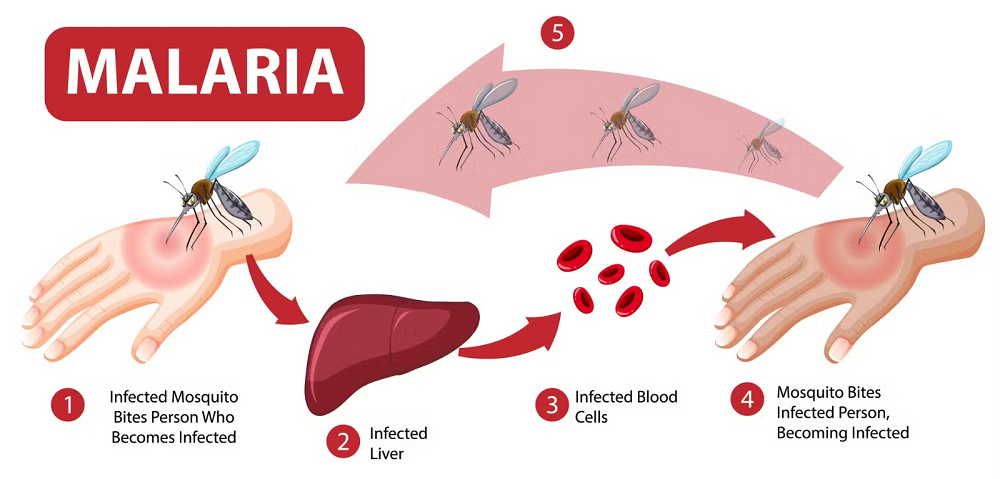The Blind Spot and Health Tourism

The “blind spot” is defined as the area of the road that the driver cannot see when looking forward or through the rearview or side mirrors. One of the most common blind spots for drivers is the area adjacent to the rear sides of the car. My use of the term “blind spot” here, applied to Egyptian health tourism, serves as a warning based on what I’ve observed for many years, hoping it won’t be overlooked as a blind spot.
Some countries aim to lead in health tourism, which is their right, as they possess various important factors that qualify them to compete and attract more tourists for treatment and recovery. However, decision-makers in some countries may overlook several crucial aspects that I wish to highlight. Perhaps, after twenty years, those willing to pay attention will find these points of interest.
Centralized management of this file in its initial stages is an important goal to effectively organize this large-scale endeavor. Then, roles can be distributed in the subsequent stages, along with attention to the following:
1. Insufficient Marketing and Promotion: Despite some countries’ richness in natural resources suitable for health tourism, such as sulfur springs and therapeutic beaches, there is a noticeable lack of global promotion of these resources. Other countries, like Jordan and Tunisia, have focused on highlighting this aspect through global promotional campaigns, while certain countries with unique capabilities remain out of competition in this regard. The reason for this is not unknown.
2. Medical Infrastructure and Services: Although there are excellent hospitals and medical centers, there is a disparity in the level of services and infrastructure across different areas. Some tourist destinations with natural resources for recovery lack sufficient medical infrastructure to accommodate tourists and meet their needs.
3. Regulations and Standards: There is a significant need and challenge to establish clear standards and certified accreditations to ensure the quality and safety of therapeutic services. The lack of a strict monitoring and evaluation system makes some tourists uncertain about the quality of treatment in these countries. Advanced countries in this field rely on hospital accreditations according to international standards, which this sector may lack in some nations.
4. Training and Qualified Staff: The human factor is essential in health tourism, and this sector needs well-trained personnel, both in the medical field and in customer service and interaction with different cultures. Therefore, training levels should be improved, along with attention to handling foreign patients.
5. Health Insurance and Costs: Many medical tourists prefer


